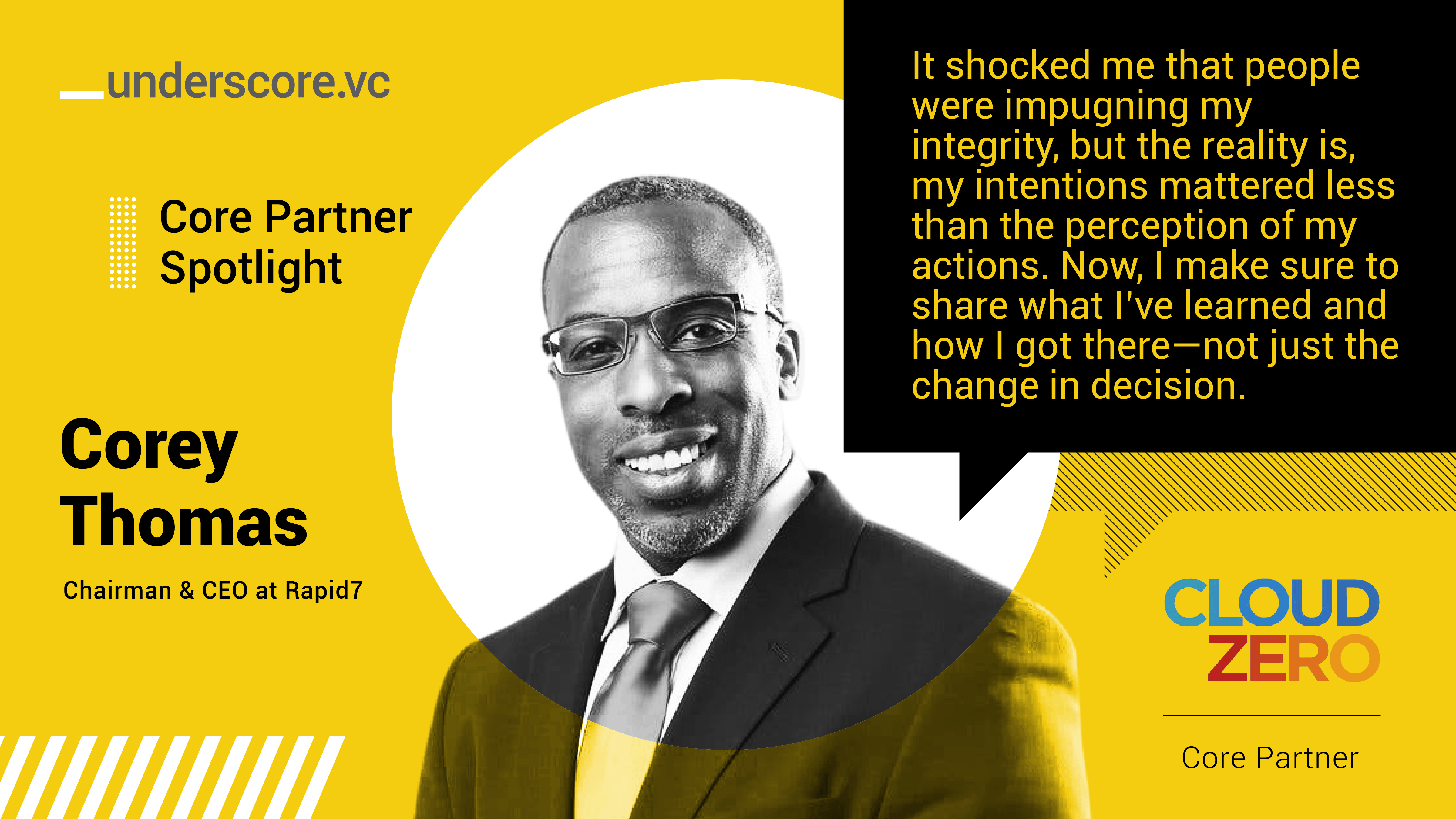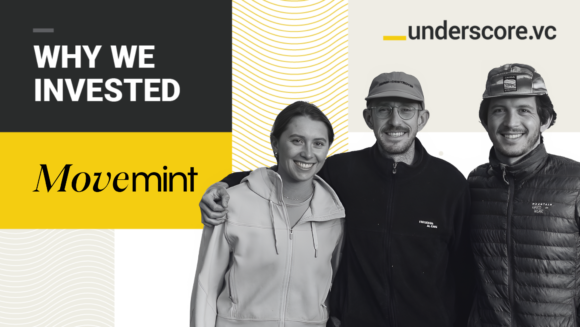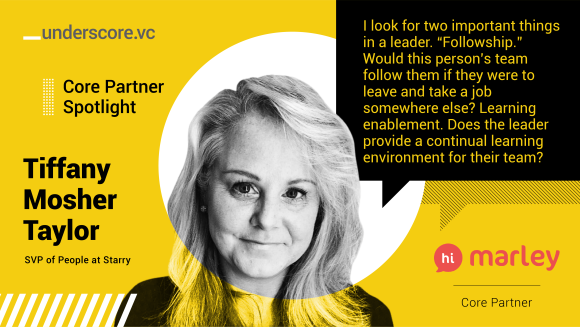At Underscore VC, we believe it takes a community to build an enduring, iconic company. That’s where the Underscore Core and our Core Partners come in. In this series, we’re featuring a handful of our Core Partners, sharing their insights, and describing their impact. Read on to learn more.
As a seasoned executive with extensive experience leading tech companies to the next growth stage, Corey Thomas, CEO and chairman of Rapid7, was a natural fit as an Underscore Core Partner. In his role as a Core Partner to CloudZero, Corey helped guide the team as they worked to find product-market fit.
What’s a Core Partner? Core Partners work closely with Underscore VC to help source investment opportunities and/or advise portfolio companies. In return, Core Partners receive “Core Allocations,” a portion of Underscore’s returns on the company via an interest grant in our Core Fund. That means incentives are aligned for productive relationships—at zero cost to our founders.
These partners provide tremendous value. In this brief Q&A, Corey shares leadership lessons learned throughout his dynamic career.
Intention Does Not Equal Perception
Q: What is the hardest lesson you’ve learned about leadership?
A: There are a few tough lessons I’ve learned, but the big ones tie back to aligning your intentions and their perception—your path is more important than your actions. It’s not just about being successful; it’s about how you create that success.
I consider myself very value-centric. Most people consider themselves good people, so when someone imputes negative value on something you’re doing, it can feel painful. “Why are you assuming I have negative intentions?” As we move into leadership positions, we expect that we’ve earned the assumption that our intentions are good. In reality, the greater your leadership is, the more you need a healthy degree of skepticism.
For example, I process new information all the time, so as I learn, my perspective often shifts. My intention, of course, is to make better-informed decisions, but the perception—especially early in my career—was that I was being political. “You just told me this two weeks ago. Why are you saying something different today?” Because my perspective instability was perceived as political, that became an expectation of manipulation and cunning, which quickly eroded trust.
It shocked me that people were impugning my integrity, but the reality is, my intentions mattered less than the perception of my actions. Now, I make sure to share what I’ve learned and how I got there—not just the change in decision. Getting that feedback was critical, so I could better lead with transparency and consistency of values, and my good intentions stay married to the perception of my actions.
Know Your Values
Q: In advising startups, what are you asked most often? How do you answer?
A: I’m asked most often how I think about building teams, and my advice is always this: Know yourself first. When it comes to culture, especially at startups, your values are the company values. It’s important to be honest with yourself about your values and then be transparent about them with your team so you don’t aim for some ideal you can’t live up to. When I joined Rapid7 as a startup, the core values were curiosity and learning. Those are things that I naturally believe in, so it was quite an easy fit for me.
The flip side of honest values is knowing what traits you reject—the things you despise and won’t tolerate. Because I value and want to cultivate a learning culture, I really can’t stand insecurity that comes out as bullying or putting others down. So in addition to our curiosity and learning, we espoused this motto of, “Don’t be an asshole.”
Your values might be different—I’ve worked with leaders who built their team around a need for “structurally organized thoughts” or “doing what you say.” What’s important is that the values are real for you, you’re transparent about them, and you live up to them consistently.
Build the Right Perspective
Q: What’s the most important piece of advice you’ve received, and why?
A: When I was graduating from business school and trying to figure out what I wanted to do, I remember a conversation with a colleague who was a telecom startup junkie. He told me—if you want to be a CEO by the time you’re 32, you’re going to be a CEO for 30-40 years. He said I was bright, so it was possible, but ultimately it’s not a matter of if you can do it, it’s if you’re going to be one of the great ones.
There are a lot of mediocre and bad CEOs who do that job for a long time. If you want to be good, don’t focus on speed. Focus on building the perspective, insights, experiences, knowledge, and relationships that will enable you to succeed in the job you want.
A Highlight as a Core Partner
Q: Can you share a highlight from your work with CloudZero? What made it impactful?
A: The CloudZero team was working to find product-market fit, so I was able to serve as a thought partner and sounding board. We were talking with users and discussing their pain points, so we flipped it around and asked them, “What would you be willing to pay for?”
We wanted to understand what issues were painful enough that they’d be willing to spend money on a new solution and join us on our product journey. Thinking through those challenges with CloudZero was also exciting and inspiring for Rapid7 employees.









